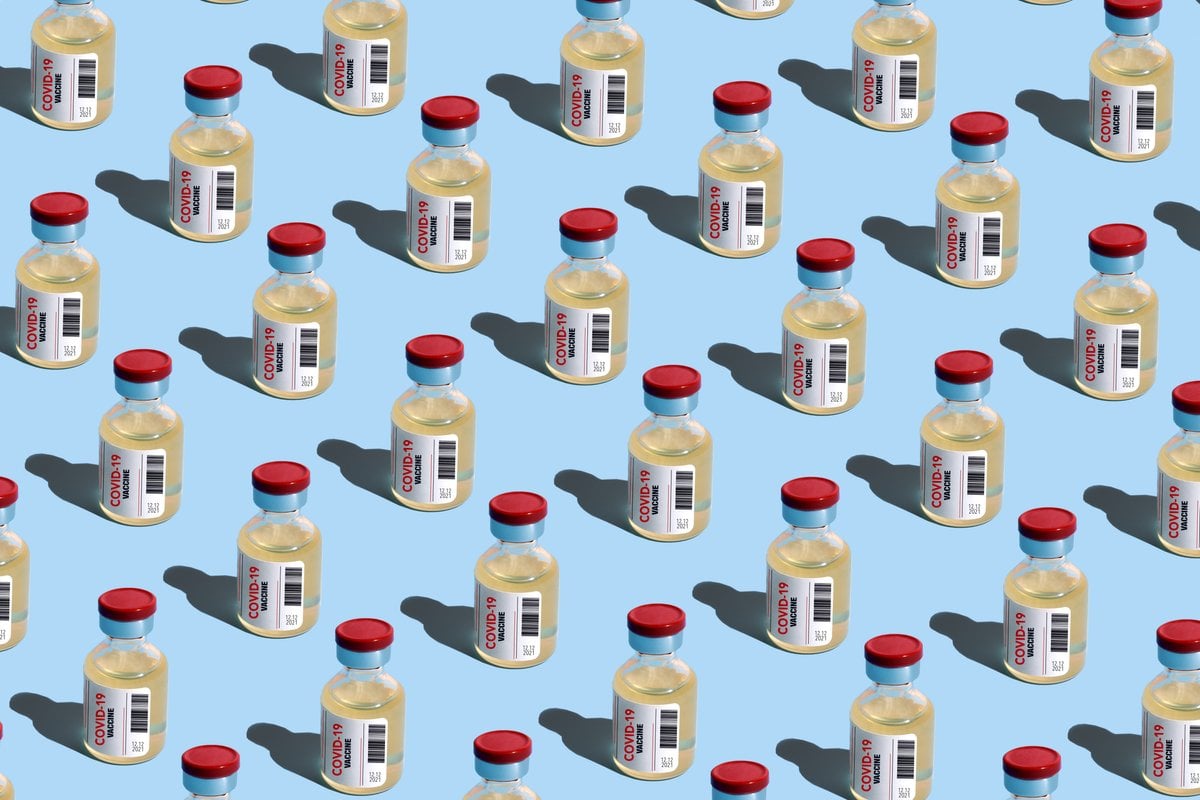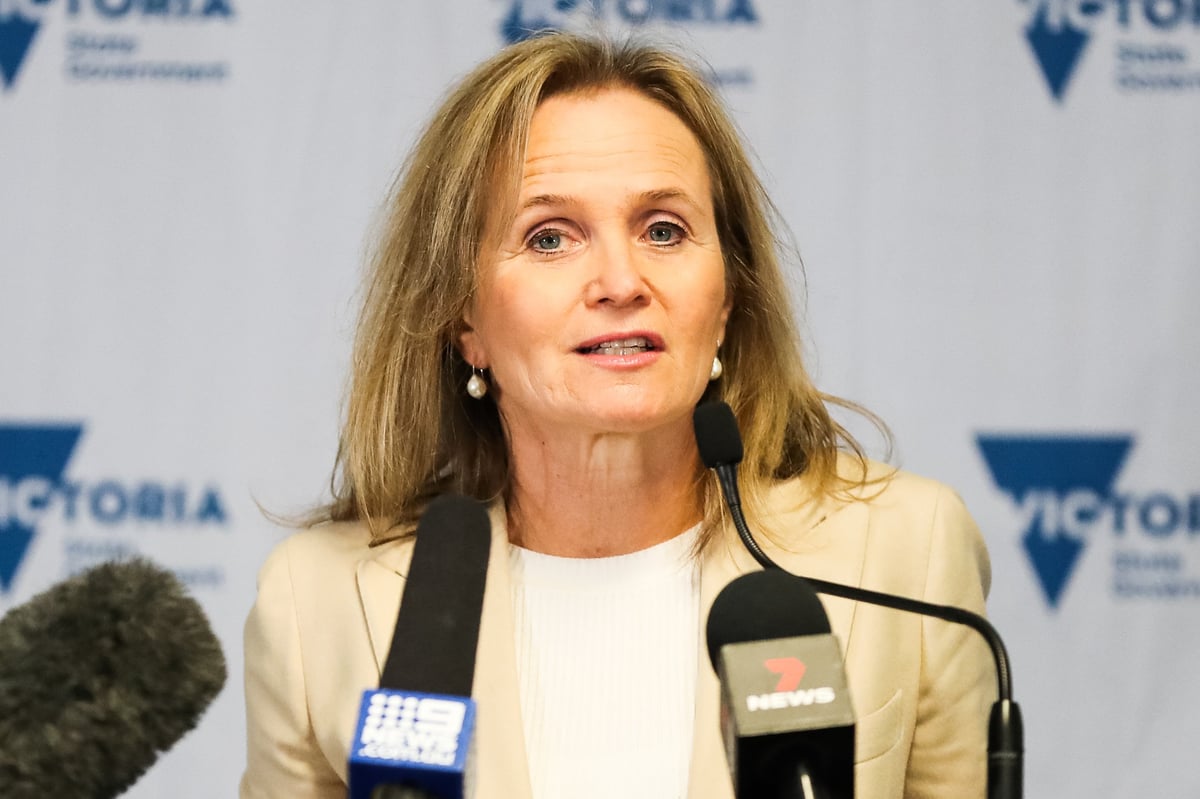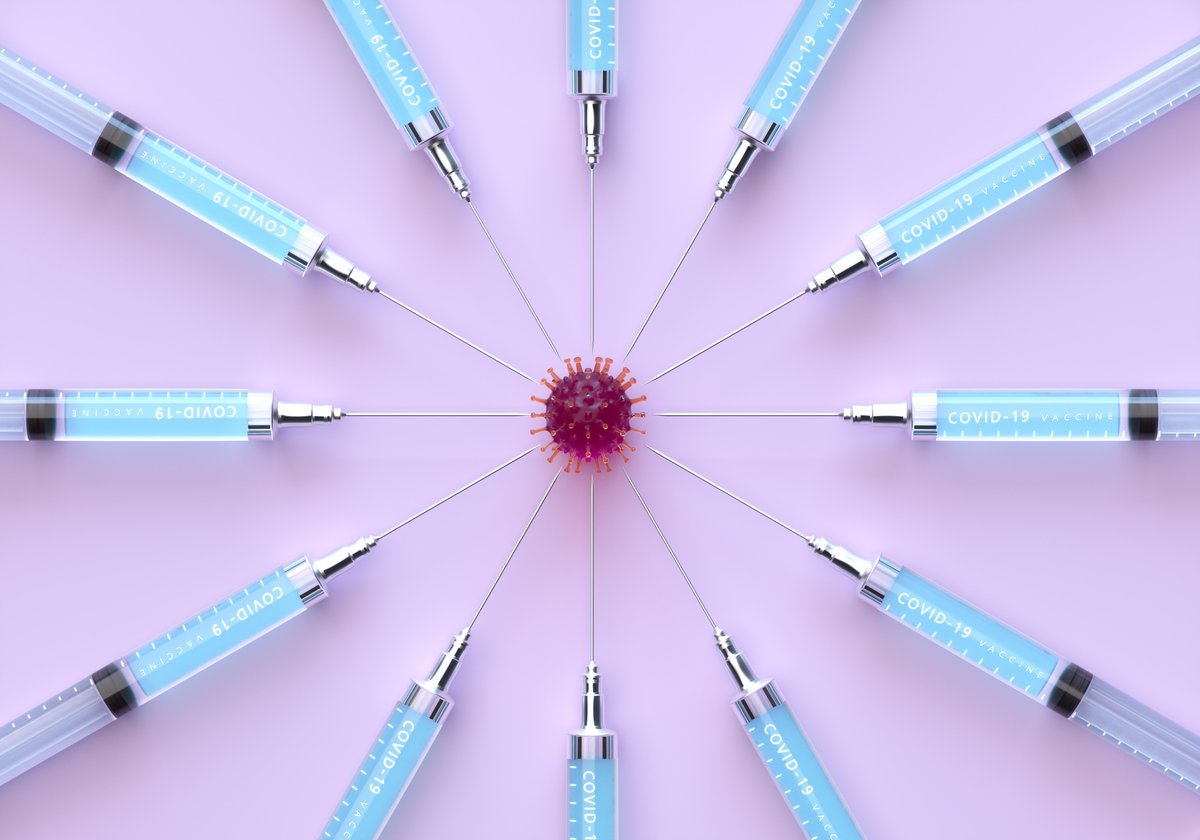
Last month, Australian Technical Advisory Group on Immunisation (ATAGI) shifted its advice on COVID booster shots, reducing it from five months to four after the second vaccination, from January 4.
Since then, we’ve also had to deal with a wave of case numbers, the increasing threat of Omicron, and ever-changing restrictions.
We’ve been confused. We've been anxious. We've been overwhelmed.
And now we have all the questions.
Watch: Epidemiologist Maria Van Kerkhove addresses the World Health Organisation. Post continues below.
What are vaccine boosters?
So, studies have shown that a reduction in our protection from COVID-19 occurs five months after our second primary vaccination. Therefore, an additional booster dose is recommended.
In Australia, there are two booster doses that are readily available: Comirnaty (Pfizer) and Spikevax (Moderna).
What you may be surprised to learn is that the booster is actually no different to the primary vaccinations; it’s all a matter of dosage.
Leading infectious diseases expert Professor Sharon Lewin is director of Melbourne’s Doherty Institute in Melbourne, and co-chair of the National COVID-19 Health and Research Advisory Committee, which provides advice on Australia’s health response to the Commonwealth chief medical officer. (Yes, basically, she is very much in the know.)



Top Comments